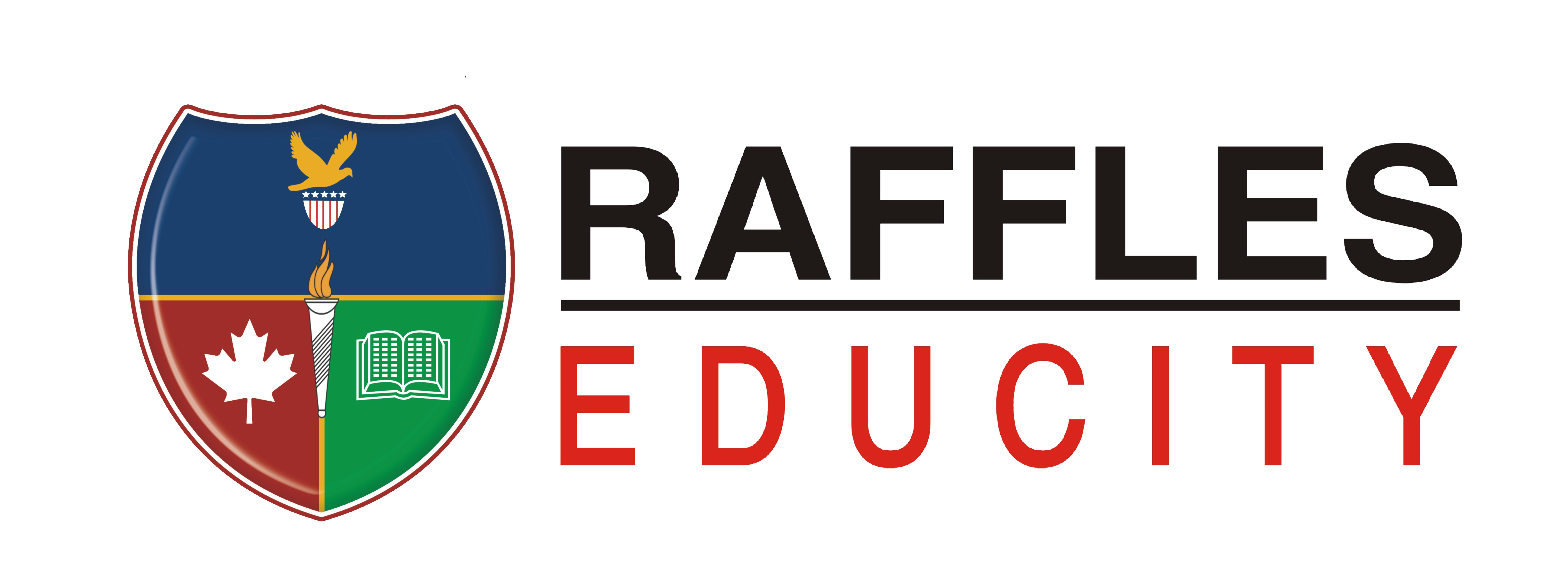Gateway to Prosperity: Navigating Canada's Business Visa Requirements with Confidence
Business visas are critical in enabling international collaboration and economic progress in today’s globalized economy. These visas are necessary tools for cross-border trade, investments, and partnerships. Canada business visa requirements is a major concern for many people these days because Canada stands itself as a prime destination for business initiatives due to its economic stability and innovation-friendly climate.
Canada’s vibrant and diverse economy provides a plethora of options for entrepreneurs and investors looking to create or expand their businesses. In this article, we look at Canada business visa requirements, the importance of business visas and the attractive landscape that Canada offers to the global business community.
Types of Business Visas in Canada
Temporary Resident Visa (TRV):
📌 Purpose and eligibility:
♦️TRV permits individuals to enter Canada for short-term stays.
♦️Eligibility is influenced by the purpose of the visit, links to the home country, and financial resources.
📌 Application process and requirements:
♦️Applicants must submit a comprehensive application online or in person.
♦️A valid passport, proof of finances, and supporting documentation based on the purpose of the visit are required.
B. Express Entry System:
📌 Overview of the system:
Express Entry is an immigration system based on points. It is in charge of processing applications for Canada’s primary economic immigration programmes.
📌 How it applies to business immigrants:
♦️Express Entry may be used by business immigrants for programmes such as the Federal Skilled Worker Program.
♦️In this system points are made on following;
- Age,
- Education,
- Employment experience, and
- Language proficiency.
C. Provincial Nominee Program (PNP):
📌PNP and its relevance to business visas:
♦️The PNP enables the nomination of people for permanent residency by provinces and territories.
♦️Provinces customize their programmes to draw investors and businesses, therefore it matters to business visas.
📌Specific provincial programs for business immigrants:
♦️The British Columbia Entrepreneur Immigration Stream and the Ontario Entrepreneur Stream are two examples of this program.
♦️Each programme has its own set of requirements, such as minimum investment and employment generation.
General Requirements for Canada Business Visas
A. Proof of Business Intent:
Business Plan Essentials:
♦️A detailed business plan defining the nature, objectives, and tactics of the venture.
♦️Market research, competitor analysis, and a solid financial forecast all should be covered.
Demonstrating Ties to Home Country:
The applicant demonstrates strong ties to their home country, including
♦️Being a property owner with assets and investments,
♦️having extensive family ties.
They express a strong desire to return to their hometown after completing their business operations in Canada, motivated by a sense of obligation to contribute to their country’s growth.
B. Financial Requirements:
Minimum Investment and Net Worth Criteria:
Immigration applicants must provide supporting documentation to verify their financial sources, promoting trust in the application process by establishing transparent and verifiable origins of investment cash.
Details on Acceptable Sources of Funds:
♦️Immigration authorities require applicants to document their financial sources, including following;
- bank statements,
- property appraisals, and business values.
♦️ This ensures the validity of their investments and promotes compliance with regulations.
Application Process
Step-by-Step Guide to Applying for a Business Visa:
Creating an Online Profile (if Applicable):
♦️Begin by registering for an online profile using the approved immigration portal.
♦️As needed, provide correct personal and business information.
♦️Some programmes, such as Express Entry, may conduct an initial eligibility evaluation via the profile.
Document Submission and Processing Times:
♦️Assemble the necessary paperwork, such as the financial statements, identity, and company strategy.
📌Use the designated platform to submit the completed application and any accompanying documentation.
- Although processing periods might vary, they usually entail following;
- An initial evaluation,
- Potentially an interview, and
- A determination of whether to approve or reject the application.
Key Considerations for Business Visa Applicants
1-Legal and Regulatory Considerations:
📌Compliance with Canadian Business Laws:
Applicants for business visas must ensure that their intended endeavors comply with Canadian laws and regulations. For a smooth entry into the Canadian business landscape, familiarity with corporate governance, taxation, and industry-specific rules is essential.
📌Understanding Immigration Policies:
It is vital to possess a thorough comprehension of Canada’s immigration rules. This entails being informed about work permits, visa requirements, and any modifications to immigration laws that might have an effect on how businesses operate.
2. Business Opportunities in Canada:
📌Overview of Industries and Sectors:
Canada’s diverse industries offer growth opportunities, including the innovative technology sector and the expanding healthcare sector. The country’s abundant natural resources and strategic alignment of business interests make it a global market leader, offering long-term success in industries like oil and minerals.
📌Networking and Market Research Tips:
♦️To build a strong professional network in Canada, participate in industry events, leverage business associations, and use online networks like LinkedIn.
♦️ Analyze the Canadian market, identify opportunities, evaluate competition, and use market research tools to gain customer insights. Customize your company strategy based on local preferences and needs.
Challenges and Solutions
Common challenges in the business visa application process for Canada:
Language Proficiency:
♦️Challenge:
Inadequate fluency in English or French, Canada’s official languages, may impede effective communication during the application process.
♦️Solution:
To ensure proper communication, improve language skills through language courses, practice, or hiring a translation.
Understanding Cultural Nuances:
♦️Challenge:
Inadequate knowledge of Canadian cultural norms and business etiquette can have an impact on interactions and potentially undermine the application.
♦️Solution:
To efficiently negotiate professional circumstances, familiarize yourself with Canadian business practices, etiquette, and cultural standards.
Tips for overcoming these challenges
Language Proficiency:
♦️To demonstrate competency, take language proficiency tests such as IELTS or CELPIP. ♦️Consider taking language classes or hiring a professional translator to ensure correct documentation.
♦️To improve your case, clearly exhibit linguistic credentials and certificates in the application.
Understanding Cultural Nuances:
️Participate in cultural orientation programmes or workshops to learn about Canadian culture, including business practices and social standards.
♦️Build professional ties with Canadians or businesses to better understand and adapt to cultural differences.
Don’t forget to customize your application to emphasize how you’ve dealt with these difficulties and to demonstrate your dedication to clear communication and cultural awareness.
Conclusion
Finally, understanding the Canada Business Visa Requirements is critical for budding businesses. Prospective business immigrants should seize the opportunity that Canada provides while adhering to all legal requirements. A profitable venture in Canada awaits with determination and respect to requirements.

